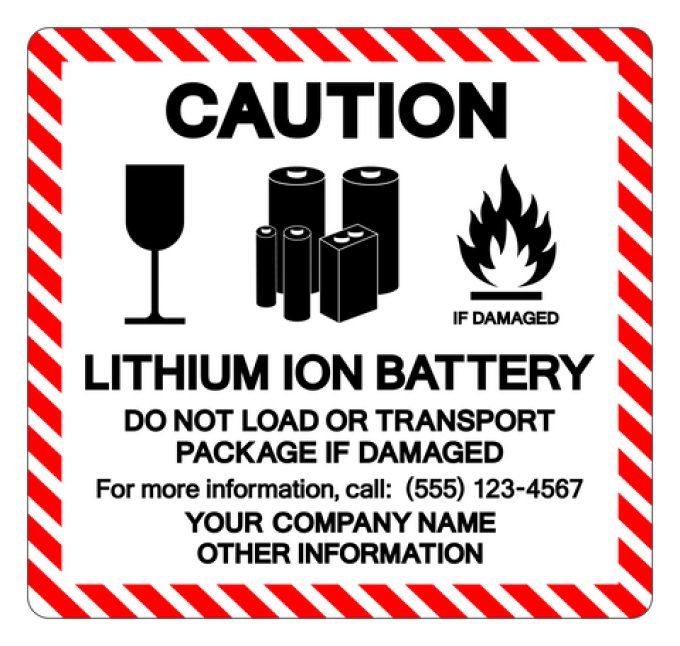Red Sea attacks on ships could continue, despite Gaza ceasefire
Despite a lull in attacks on shipping this month, Houthi suggestions are that they may ...

The risks presented by transporting lithium-ion batteries is sufficient to warrant new regulation, TT Club, UK P&I Club and consultant Brookes Bell have determined in a white paper.
Fires theoretically only start with defective batteries; however, more batteries being transported means insurers must expect an increase in the number of fires.
“While increased industry awareness is crucial, and technology to monitor and restrict fires is advancing, the increased capacities of batteries and the expected rise in trade volumes means regulations are potentially ...
Macron calls for ‘suspension’ – CMA CGM's $20bn US investment in doubt
Trump tariffs see hundreds of cancelled container bookings a day from Asia
De minimis exemption on shipments from China to the US will end in May
Forwarders stay cool as US 'liberation day' tariffs threaten 'global trade war'
Mixed response in US to 'Liberation Day', while China leads wave of retaliation
Tariffs and de minimis set air freight rates on a volatile course
Overcapacity looms for ocean trades – with more blanked sailings inevitable
'To ship or not to ship', the question for US importers amid tariff uncertainty

Comment on this article